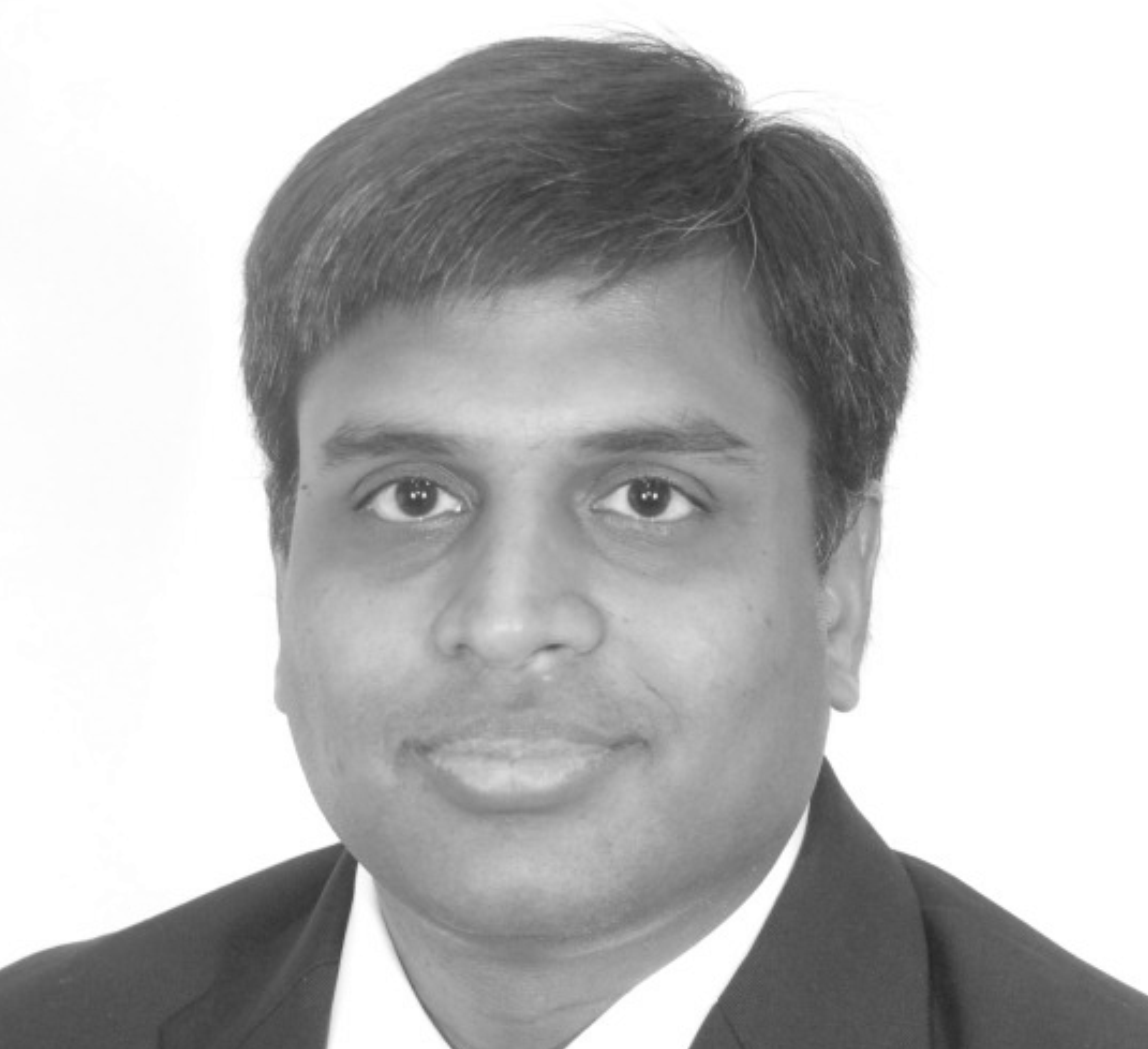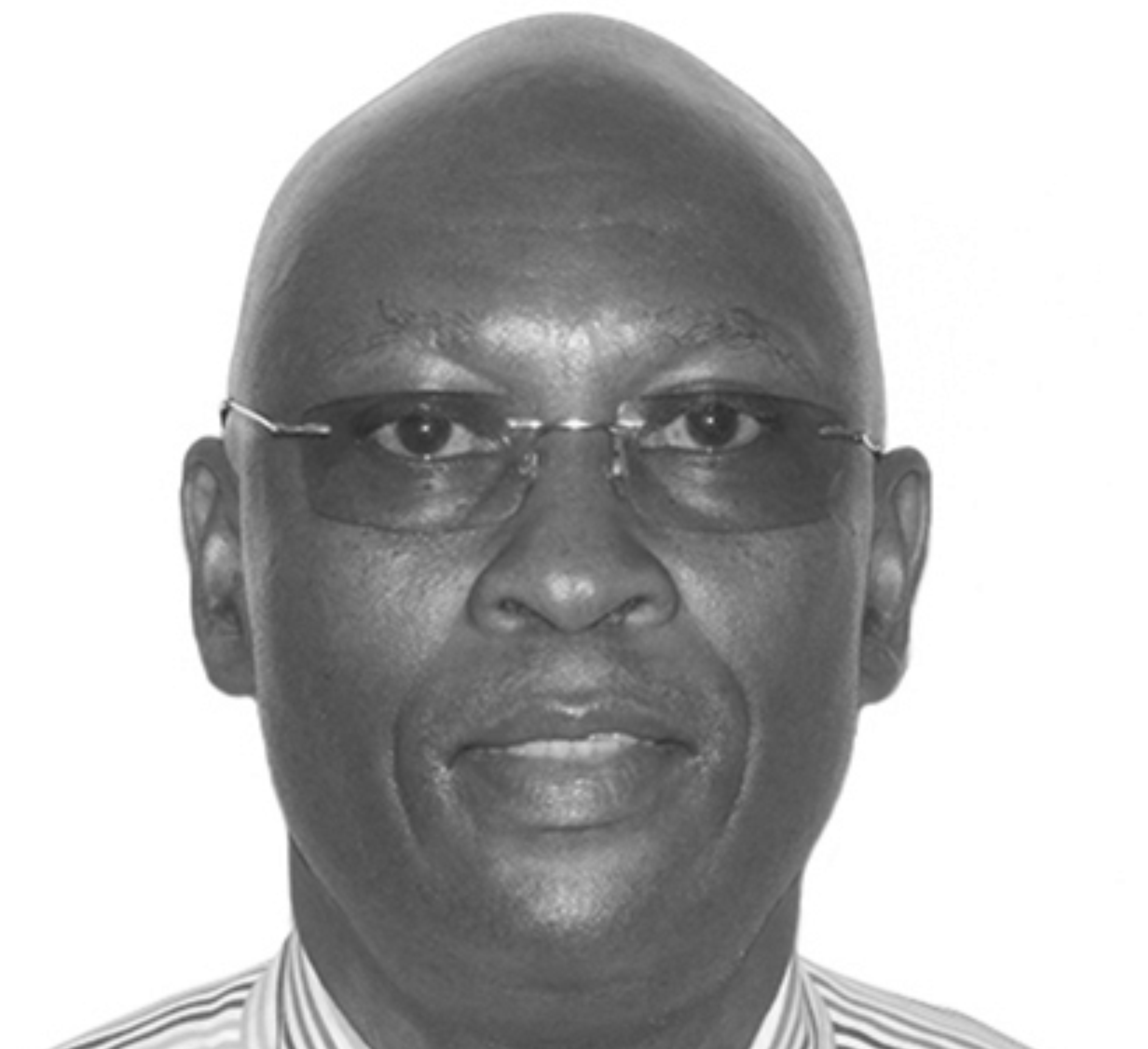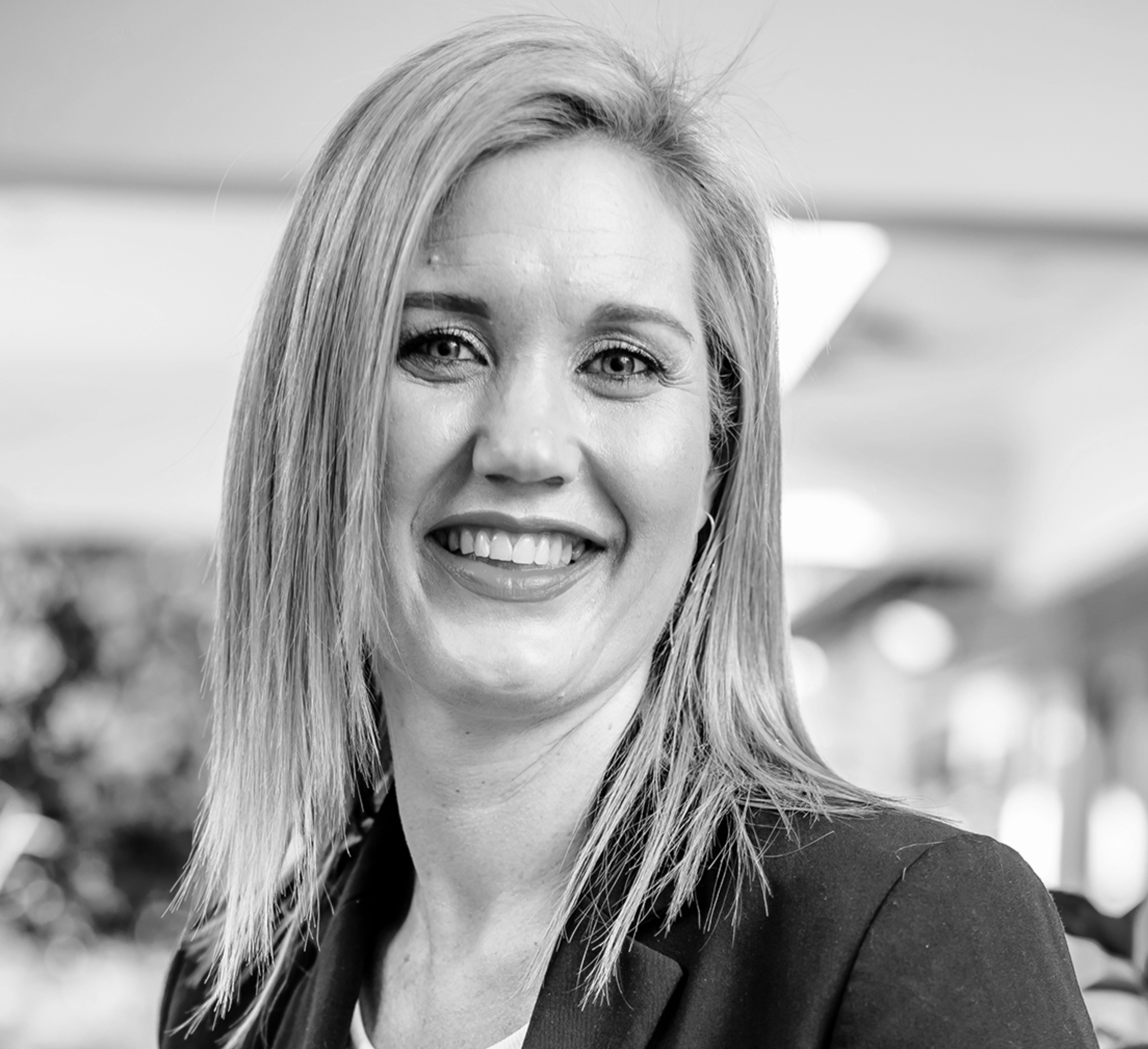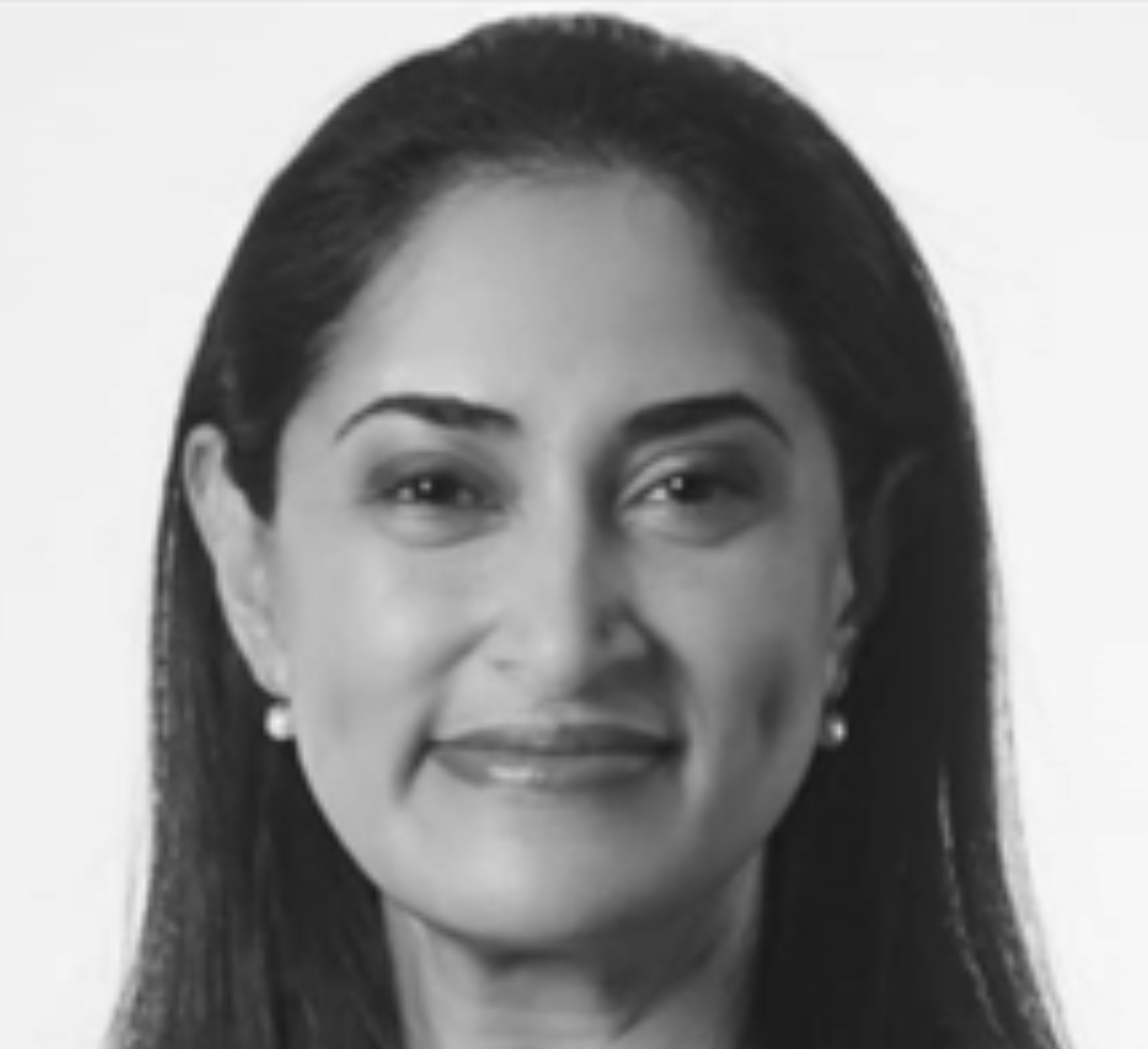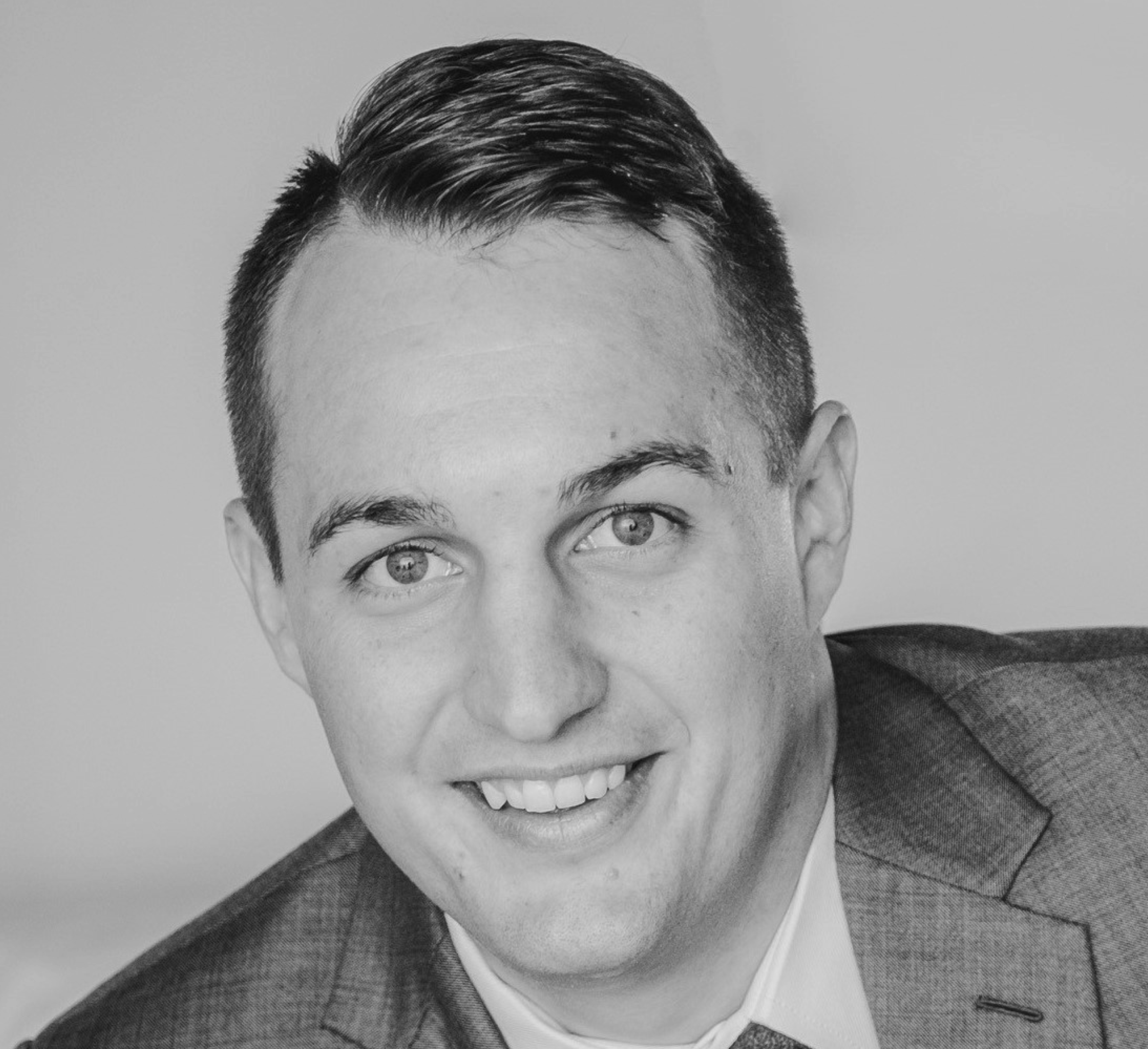168: Sandeep Parasramka
Having moved from India to Nigeria 16 years ago to take up a position at Tolaram Group, Sandeep Parasramka shares insight to Nigeria’s largest FMCG player and its involvement in the development of a free-trade zone in Lagos.

Today’s podcast is sponsored by Draftworx, which provides automated drafting and working paper financial software to more than 8000 accounting and auditing firms and corporations. CFO Talks is a brand of the South African Institute of Business Accountants.
Give us a bit of background into Tolaram Group and if we can get a sense from you of how big it is in terms of revenue and staff and what sort of operations it has in Nigeria.
Tolaram has headquarters in Singapore, but the business is operating on three continents, Africa, Asia and Europe. It is a family-owned and professionally managed group, having joint ventures with blue chip companies like Kellogg’s and Colgate. The revenue for the group for 2021 was around US$1.3 billion and we have an employee base of close to 20 000 people.
In Africa, the group operations are in quite a few countries, Nigeria, Ghana, Ivory Coast, South Africa, Egypt and Kenya. In Nigeria we are the largest FMCG player, and we’re based in Lagos. The group has been operating in Nigeria for 40-plus years now.
Fast-moving consumer goods is obviously the core business of the company, but I mentioned in the introduction a free-trade zone, tell us a bit about that.
We are developing a free-trade zone in Lagos on 850 hectares of land, which also has a deep sea port called Lekki sea port.
Lekki is the first deep seaport in Nigeria and it will be the biggest seaport in Nigeria with an investment of close to $1.2 billion.
The zone is also the largest free zone being developed in Nigeria. In terms of the revenue base, as of now we have already have six industries, which are working in the zone and another two are under construction.
Tell us a little bit about the benefits that you get if locate inside this free-trade zone?
If you are located in the free-trade zone, then essentially the benefits are there is no value-added tax that we need to pay. In terms of the raw materials, you need to pay the duties but only when you are clearing the goods, so that’s for whatever raw material we have imported. There is no tax on your income, so you can really limit your dividends out of the zone without paying any income tax, corporate income tax.
You mentioned that there are six industries already operating out of this free-trade zone, even though the port construction is not complete yet. Is there some sort of functionality in the port or are industries locating their businesses there purely for tax benefits at the moment?
At the moment, purely for tax benefits. The port was expected to commission earlier based on these industries but, of course, it takes a long time to establish infrastructure but thankfully, the project will be up in the next 12 months’ time. So then these industries can reap the benefits of being entirely settled in the zone.
Give us a sense of the economic conditions in Nigeria right now. We hear about repeated depreciation of the local currency, the naira, which must pose a challenge if you’re operating an international group such as Tolaram?
Economic conditions are really tough now with the currency depreciating, the scarcity of forex, inflation is high, interest rates are high.
However, as a group we have been able to mitigate some of the supply chain issues, so we have our own packaging plant, we have our own flour mill, we have our own palm oil refinery, where we bring the crude palm in and process it. So we have been able to control some of those supply chain issues by backward integration. We have to find a way to mitigate these challenges, economic conditions will always remain a bit difficult in Africa. So we need to find out how to navigate those issues.
Do you have Covid restrictions like we have in South Africa and other parts of the world or are you able to move freely around and go to the office and operate from there?
Right now, there are no Covid restrictions here in Lagos. We had restrictions for a few months in 2020 when Covid was at a peak but after that it pretty much got opened up. Although, when the cases went up, we as a group took precautionary measures to see that people work from home to break the chain but I think it looks like it’s over and life is pretty much back to normal now.
I’d like to hear from you about your views on the evolving role of the CFO, how has that changed over the years in the time that you’ve been operating in a senior financial position?
The role of the CFO has evolved a lot over the years, initially when we were studying we used to see the role of CFO as more of managing the statutory books of accounts or maybe securing financing and handling statutory matters like taxes and indirect taxes and those kinds of roles.
However, over the years the role of CFO has become much broader now, now they look at implementing new technologies and they guide the CEO in making the right decisions. In Tolaram, we play an important role in handling HR functions, as well as guiding business strategies and new business development.
It’s a much broader role and that’s probably why you see CFOs getting ready to step into the role as CEO.
Would you say that there are certain things in your role that your learning as a chartered accountant could never prepare you for, you’re not going to learn these things in a classroom, you have to be thrown into the deep end in order to swim your way out of it, would that be a true statement?
Absolutely true, what you study and what you do is very different. What I would say is that when we study we learn the hard side of the business, the statutory functions, how to manage books of account, but when you come into the industry you learn about the soft side of people. What you learn is how to get the best out of your team and that is what no classroom can teach you.
The South African Institute of Business Accountants developed a designation called CFO (SA), certified financial officer, and that was basically to recognise those qualities that are developed inherently, in the way you have just mentioned, by senior finance executives, things like communication skills, strategic planning, more of the softer skills. These are the things that you really have to pick up, how do you manage a team, how do you manage a team during Covid, these are the things that you’re not really going to learn in a classroom, you have to develop this as you go, would you agree with that?
I agree with that, I have as a person evolved over the years in terms of learning this and for that I read a lot, I watch my seniors, my shareholders, in terms of how they deal with the issues. So that’s how you learn, when you are in their shoes how will you do those things.
What would you say are some of the more challenging assignments that you’ve had to face in your career?
My most challenging assignment was when we were developing the Lekki deep seaport, we had to obtain 38 permits from the government, and it needed a lot of perseverance and tenacity.
Some of the permits were never issued by the government and we had to work through the entire process to get the permits we secured. Some things that were never done I would say in the history of Nigeria because it was the first deep seaport in Nigeria. So obtaining approval from the federal executive council of Nigeria or the approval of the port from the government and getting a guarantee from the minister of finance to secure funding for the project. So those are the things that I had never done in my previous assignment, and it was quite challenging, very new but it definitely made me a better person. You get to know that you can get things done if you have the perseverance and you don’t lose hope on those things.
There’s another question I wanted to ask you about your finance team, are you all in an office and how big is your team, do you meet daily or weekly, give us a bit of a description on that.
In terms of my team, the Tolaram Group is a group that is very strong on its value and culture, I [oversee] hiring the new talent, I have hired 20 or 30 chartered accountants from India to develop them into leadership positions every year. I interact not with all of them but with some of them because we have several businesses running in Nigeria, as well as in other parts of Africa. So I interact with all the prospective CFOs of the SBUs probably on a weekly basis. Overall, I would say we have close to 90 chartered accountants from India working in the group, plus there would be close to 70 or 80 Nigerian accountants. But the team has developed over the years, they have been trained over the years in terms of the role that they need to play.
I really don’t interfere in the day-to-day operations of the businesses; I spend more of my time in terms of thinking and strategy and guiding them wherever they need my guidance.
Do you have a presence in South Africa?
Yes, we have a presence in South Africa, we have a joint venture with Kellogg’s in South Africa. We have a manufacturing plant in Eswatini. In South Africa we have only one plant and we are looking to enter into some new categories. We started our South African business only in 2017, so we have been trying to learn about the country, learn about the market, develop the team and now we have a team. So we are actively looking to expand into other categories as well.
As a CFO, are you aware of the enhanced sustainable reporting requirements imposed by COP26?
Yes, I am aware of it and in the group, we have already started working on the same. We have developed our charter on sustainable development goals to see that we are ready by 2025 in terms of whatever is required so that we can do the reporting from 2026.

